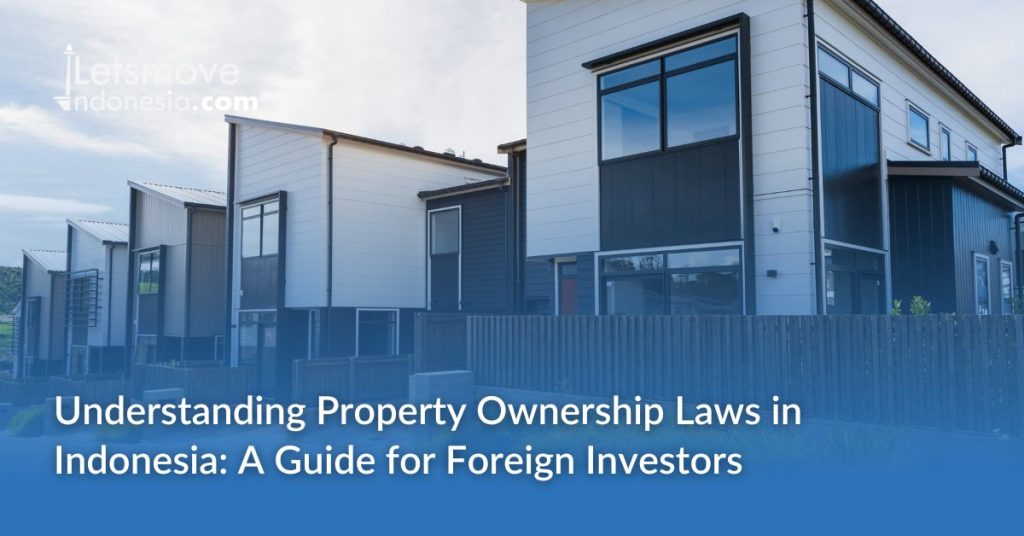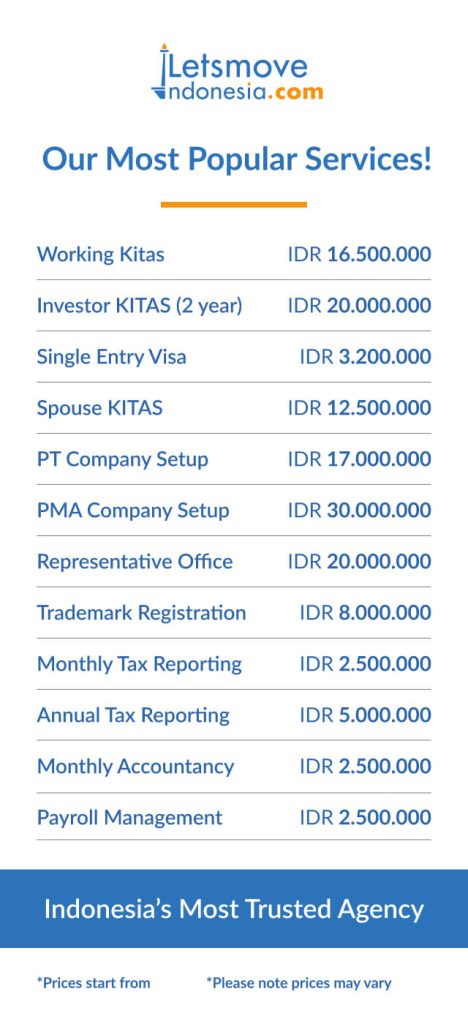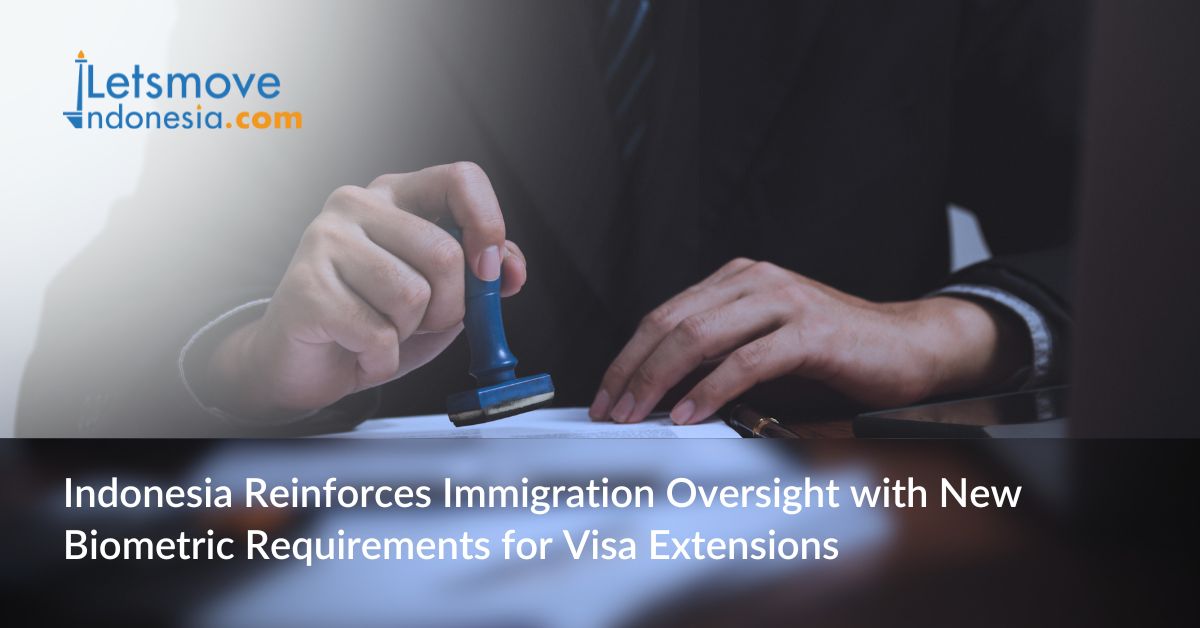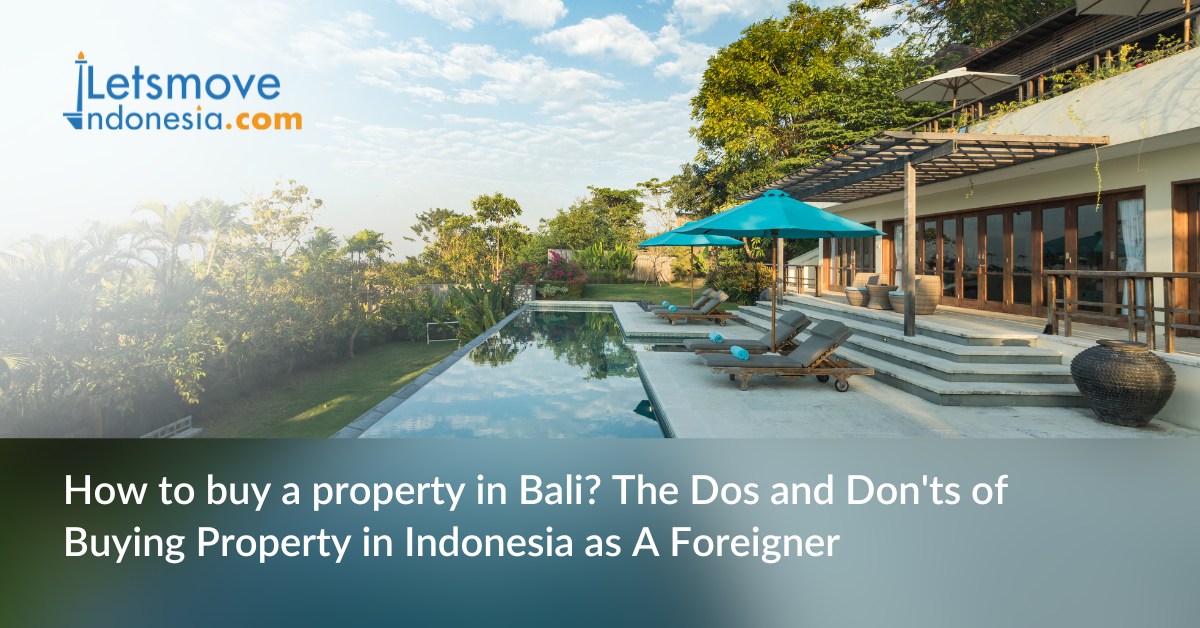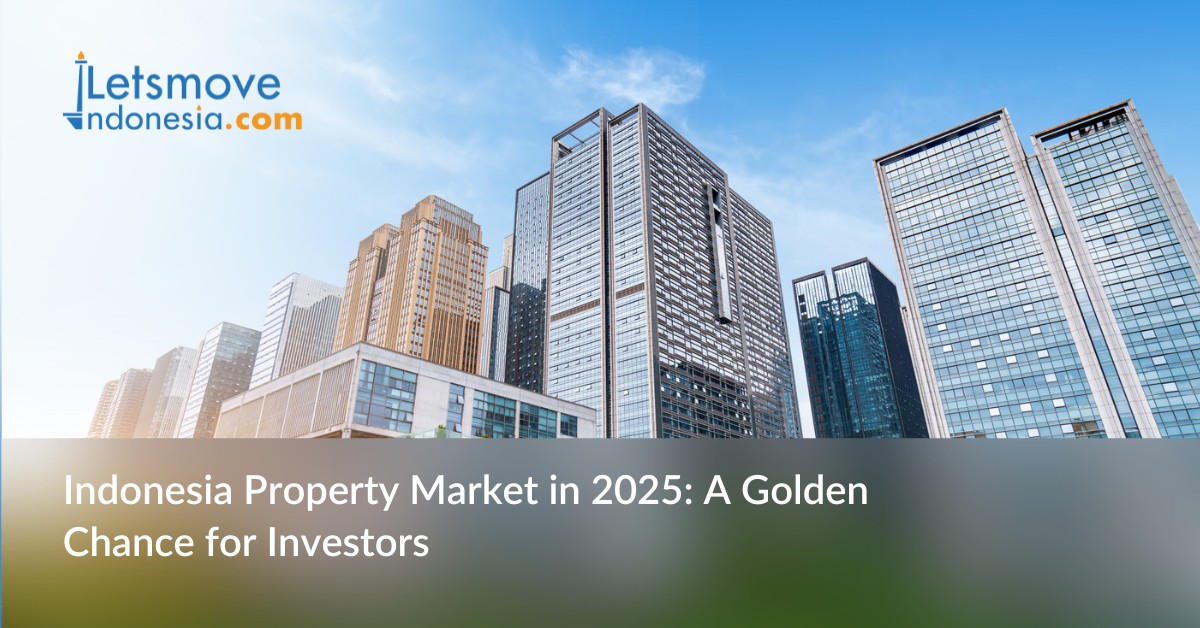Understanding Indonesian property ownership laws is critical for foreign investors looking to buy property in the country. Indonesia has different regulations governing property rights and land ownership than other countries. This guide is intended to provide foreign investors with a thorough understanding of Indonesian property ownership laws, allowing them to make informed decisions when purchasing property in the country.
This guide will guide investors through the complex landscape of Indonesian property ownership, from the various types of property ownership to legal requirements and restrictions. Foreign investors can engage in property transactions in Indonesia with confidence if they have the necessary knowledge.
What are the property ownership laws in Indonesia?
Understanding the regulations
Understanding the regulations governing property ownership laws in Indonesia is important for anyone looking to invest in the country’s real estate. Indonesia has stringent regulations in place that restrict land and property ownership to Indonesian citizens and certain types of legal entities.
Foreigners are permitted to buy property in Indonesia, subject to various restrictions and regulations. When it comes to property ownership in Indonesia, it is essential to become acquainted with these regulations in order to ensure compliance and make informed decisions.
Types of property ownership
The property ownership laws in Indonesia recognise various types of property ownership. Freehold, leasehold, and customary rights are examples of these. Individuals with freehold ownership have full and permanent ownership of the property. Leasehold ownership, on the other hand, allows people to own property for a set period of time.
Customary rights refer to indigenous communities’ ownership of property based on traditional customs and practises. Under Indonesian law, each type of property ownership has its own set of rights and obligations.
Government regulations on property ownership
Property ownership regulations imposed by the government are essential to preserving a just and orderly society. Property ownership laws in Indonesia govern individuals’ rights and responsibilities when it comes to owning and transferring property.
These regulations aim to protect both buyers and sellers’ interests by ensuring transparency and legal certainty in real estate transactions. The government can prevent fraudulent activities and disputes by establishing clear guidelines for ownership and transfer processes, ultimately fostering a stable and reliable property market.
Foreign ownership restrictions and limitations
Foreign ownership restrictions and limitations are the rules and regulations imposed by the government on Indonesian property ownership laws. These restrictions aim to protect the interests of locals by limiting foreigners’ acquisition of property. Foreigners are only permitted to own certain types of property for a maximum of 30 years, such as apartments or condominiums. Furthermore, in order to be eligible for property ownership in Indonesia, they must adhere to certain conditions and meet specific criteria.
Important points for foreign investors to note
Foreign investors should be aware of Indonesia’s property ownership laws. It is important to understand that there are different regulations and restrictions for foreigners when it comes to owning property in the country. Foreigners cannot directly own land, but they can lease it and own buildings on it. To avoid future legal complications when investing in Indonesian property, it is best to seek legal advice and ensure compliance with local regulations.
How can a foreign investor own property in Indonesia?
Establishing a company in Indonesia
Foreign investors are permitted to establish a company in Indonesia, with various options such as a limited liability company available (PT). Property ownership, on the other hand, can be more complicated. Foreign ownership of land in Indonesia is restricted by law, requiring investors to form a partnership with a local individual or entity to acquire property.
Alternatively, investors can lease land for up to 30 years and then extend it for another 20. To ensure compliance and the successful establishment of a company in Indonesia, these regulations must be carefully navigated.
Purchasing property as an individual
Foreign investors can buy property in Indonesia if they follow certain rules and regulations. To begin, they must form a foreign-owned company and obtain government approval for property ownership. They must also ensure that the property is not in a restricted area, such as near military installations or cultural heritage sites.
Furthermore, foreign investors can only own the property for a limited time, usually 25 years, which can be extended for another 25 years. Compliance with all relevant laws and regulations is required for an individual to successfully own property in Indonesia.
Leasehold rights and agreements
Leasehold rights and agreements allow foreign investors to own property in Indonesia. A leasehold agreement grants the investor the right to use and possess a property for a set period of time, which can range from 25 to 70 years. The investor has the right to use, rent out, or transfer the property during the lease period, subject to certain regulations and restrictions. This allows foreign investors to participate in the Indonesian property market without owning the property outright.
Using a nominee or legal entity
Foreign investors can own property in Indonesia through the use of a nominee or legal entity. The nominee option involves appointing a local individual to hold the property on behalf of the foreign investor. This allows the investor to bypass restrictions on foreign ownership of land.
Another option is to establish a legal entity such as a limited liability company (PT PMA) which can acquire and own property in Indonesia. Both options require adherence to Indonesian laws and regulations surrounding foreign ownership of property.
Requirements for foreign individuals
Foreigners who want to own property in Indonesia must meet certain criteria. To reside in the country, you must first obtain a limited stay permit or a permanent stay permit. They must also establish a company in Indonesia and serve as a director or commissioner in that company. They must also operate in business sectors that are open to foreign investment. Foreign investors who meet these requirements can legally own property in Indonesia.
What are the rights and obligations of property ownership in Indonesia?
In Indonesia, property ownership grants individuals the right to use, occupy, and transfer their property. These rights are protected by the law and allow owners to freely make improvements and alterations to their properties. However, property owners also have certain obligations, such as paying property taxes and adhering to land use regulations set by local authorities. Failure to meet these obligations may result in fines or other legal consequences.
What are the different types of property in Indonesia?
Freehold and leasehold property
In Indonesia, there are two different types of property: freehold and leasehold. Freehold property refers to land or buildings that are owned by individuals and can be passed down to future generations. On the other hand, leasehold property refers to land or buildings that are leased for a set period of time, typically between 25 to 50 years. Leasehold properties are commonly used for commercial purposes, while freehold properties are more commonly used for residential purposes.
Hak Milik (Right to Own) and Hak Guna Bangunan (Right to Build)
In Indonesia, there are two types of property rights known as Hak Milik (Right to Own) and Hak Guna Bangunan (Right to Build). Hak Milik refers to absolute ownership rights, allowing individuals to possess and control land indefinitely. On the other hand, Hak Guna Bangunan grants the rights to build and use structures on land owned by another party, such as government or private entities. Both rights play a significant role in the country’s property market and are regulated by Indonesian laws and regulations.
Business activities and property ownership
In Indonesia, business and property ownership are inextricably linked. In Indonesia, there are various types of property, including residential, commercial, industrial, and agricultural properties. Residential properties are primarily used for housing, whereas commercial properties are used for businesses and retail.
Industrial properties are used for manufacturing and production, whereas agricultural properties are used for farming and agriculture. Each type of property has its own set of rules and regulations for ownership and use, reflecting the country’s diverse business activities.
Important considerations for property and land ownership
It is essential that you comprehend the various types of property available in Indonesia when considering property and land ownership. There are three types of property in Indonesia: freehold, leasehold, and strata title. The most desirable type is a freehold property, which grants full ownership rights but is only available to Indonesian nationals.
Non-Indonesians can obtain long-term ownership rights in leasehold property, typically for 25-30 years. Individuals who own a specific unit within a larger complex are referred to as strata title owners. Understanding these distinctions is critical when navigating the Indonesian property market.
How can a foreign investor navigate property ownership laws in Indonesia?
For foreign investors, navigating Indonesian property ownership laws can be a difficult task. To successfully navigate these laws, investors should work with professionals who are familiar with the local market and regulations. Understanding Indonesian law and regulations regarding property ownership is critical in order to avoid legal pitfalls.
It is also critical to obtain the necessary permits and certificates, as well as to comply with immigration requirements. Finally, it is critical for foreign investors to stay current on changes in property ownership laws in order to ensure ongoing compliance and successful investment.
Found this article interesting? Then check out our other useful articles about home loan mortgage here!
Exploring Possibilities of The Expat Mortgage in Indonesia
Your Path to Property Ownership: Essential Steps for Obtaining Mortgage in Indonesia
Decoding Indonesian Mortgage Products: The Essential Guide for Homebuyers
Top Banks that Partnered with LetsMoveIndonesia for Mortgage
Get Your Desired Mortgage with LetsMoveIndonesia: What You Need to Know
